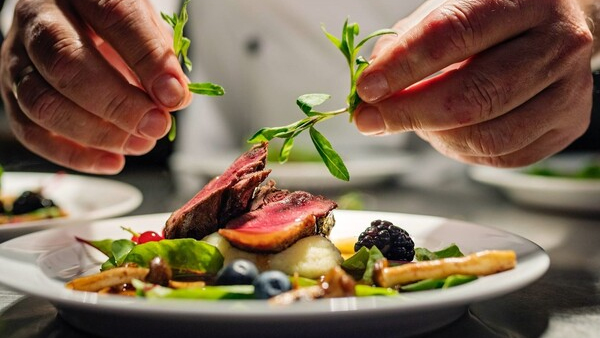Understanding Raw Meat Handling to Maximise Safety
Various bacterial strains can thrive on animal-based foods, underscoring the crucial need for safe meat handling and storage. Yet, understanding specific guidelines for different meat types can be perplexing. While some meats remain safe for consumption even after a week or can be stored frozen, others must be discarded within days due to safety concerns.
Every food item demands meticulous safety measures. For owners of raw meat processing businesses in Saharsa, the success of their enterprise depends on understanding safe processing and storage practices. However, determining these practices and finding guidance can be challenging. Fortunately, Food Consultants in Saharsa specialise in offering comprehensive guidelines, aiding in navigating the complexities of meat processing industries.
Pathogens in Meat Processing: Understanding The Risks
Meat processors face an environment teeming with potential pathogens that pose significant risks to food safety. Salmonella, Listeria, and E. Coli stand out among these concerns, each presenting distinct challenges and health threats if not addressed promptly.
Salmonella, commonly found in raw meat and poultry, can result in severe gastrointestinal issues in humans, emphasising the need for stringent hygiene measures to minimise infection risks.
Listeria monocytogenes, a hazardous pathogen prevalent in processed meats and unpasteurised dairy, thrives in refrigerated settings, posing a concern due to its ability to flourish in colder temperatures.
Escherichia coli (E. coli) strains can induce severe abdominal cramps, diarrhoea, and in rare instances, kidney failure. Hence, maintaining impeccable hygiene standards in your business premises is paramount to prevent such outbreaks.
Meat processors can use cutting-edge technologies for detection and prevention in addition to strict sanitation protocols advised by the Best Food Consultants in Saharsa to fight these pathogens. To guarantee that safe, high-quality meat products are produced for consumers around the world, constant attention to detail and adherence to safety regulations is essential.
Protocols for Preventing Contamination in Meat Processing
During processing, you have to follow some strict measures to prevent contamination. First, it is imperative to prevent boxed or containerised items from contacting work surfaces or floors. Following this, prioritise meticulous cleaning and sanitisation of processing tables and cutting boards before utilisation. Moreover, ensure surfaces are completely dry after sanitisation to eliminate any residual toxicity.
Separate cutting boards for different types, like fish, chicken, and pork, are essential; promptly sanitise them after each use and facilitate quick air drying. Additionally, considering processing various species or products on different days, when possible, helps minimise cross-contamination risks within processing areas and equipment. These thorough procedures are indispensable in maintaining stringent hygiene standards and reducing health risks linked to cross-contamination in meat processing.
If uncertainties persist regarding these procedures, seeking guidance from the Food Industry Consultants in Saharsa is advisable. Engaging with experts can ensure clarity and proper understanding, as actions performed with uncertainty may not yield optimal results.
Wrap Up
Selecting the best Food Factory Consultant in Saharsa is crucial for expert guidance. Tech4serve stands out for its exceptional services. Contact them today for invaluable assistance in ensuring food safety and efficiency. Choose wisely for the best outcomes in your food processing endeavours!!!







